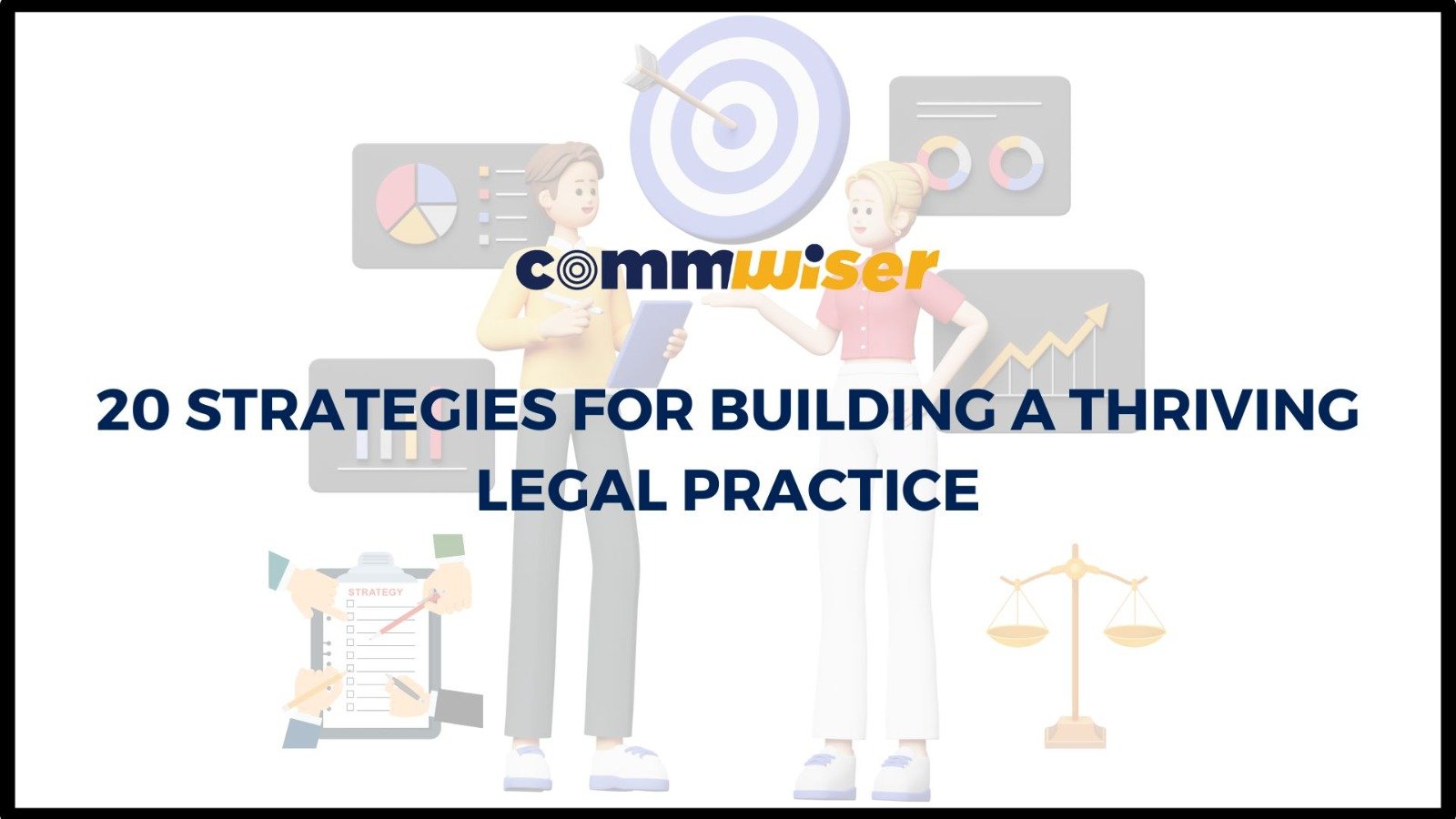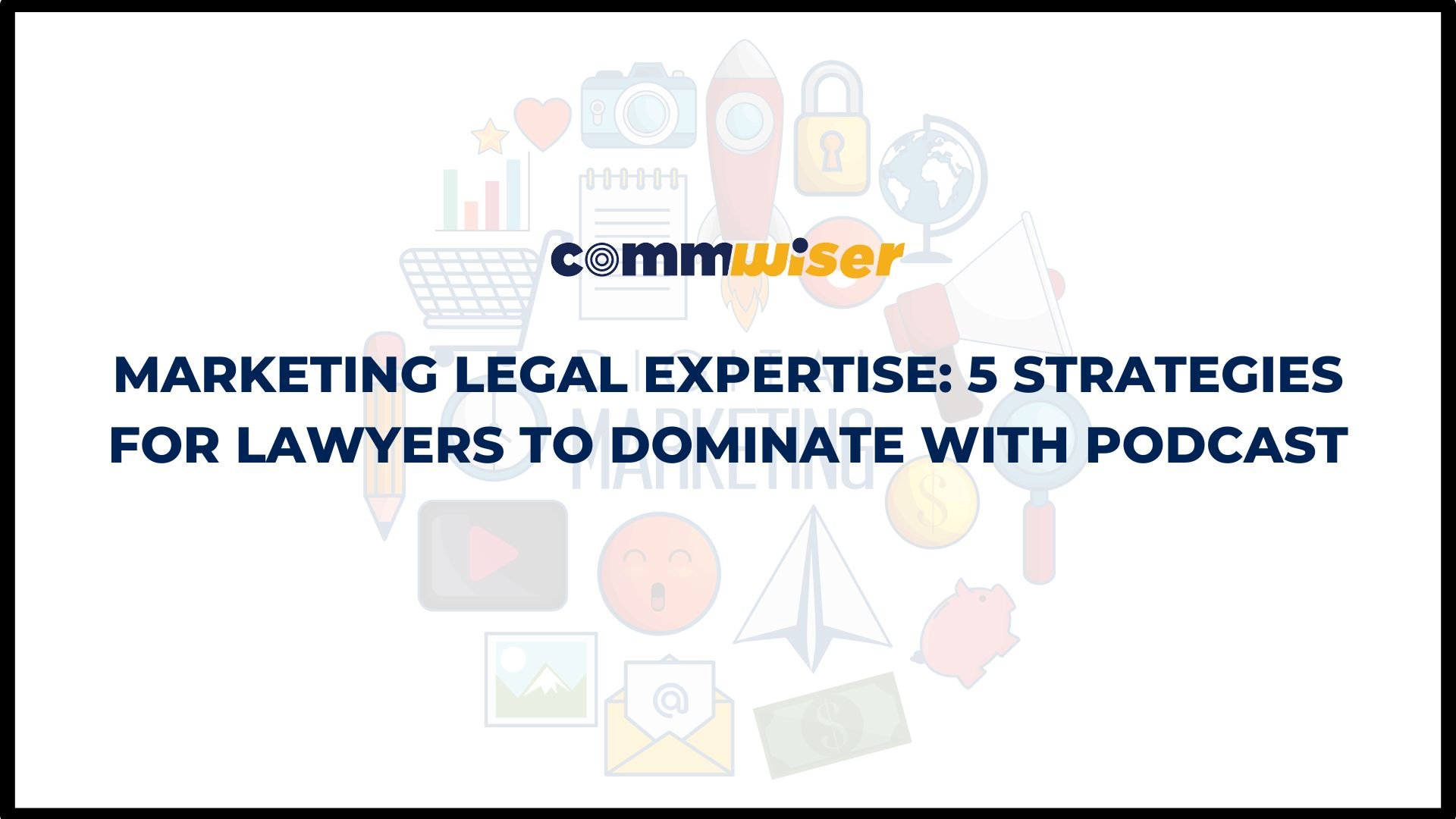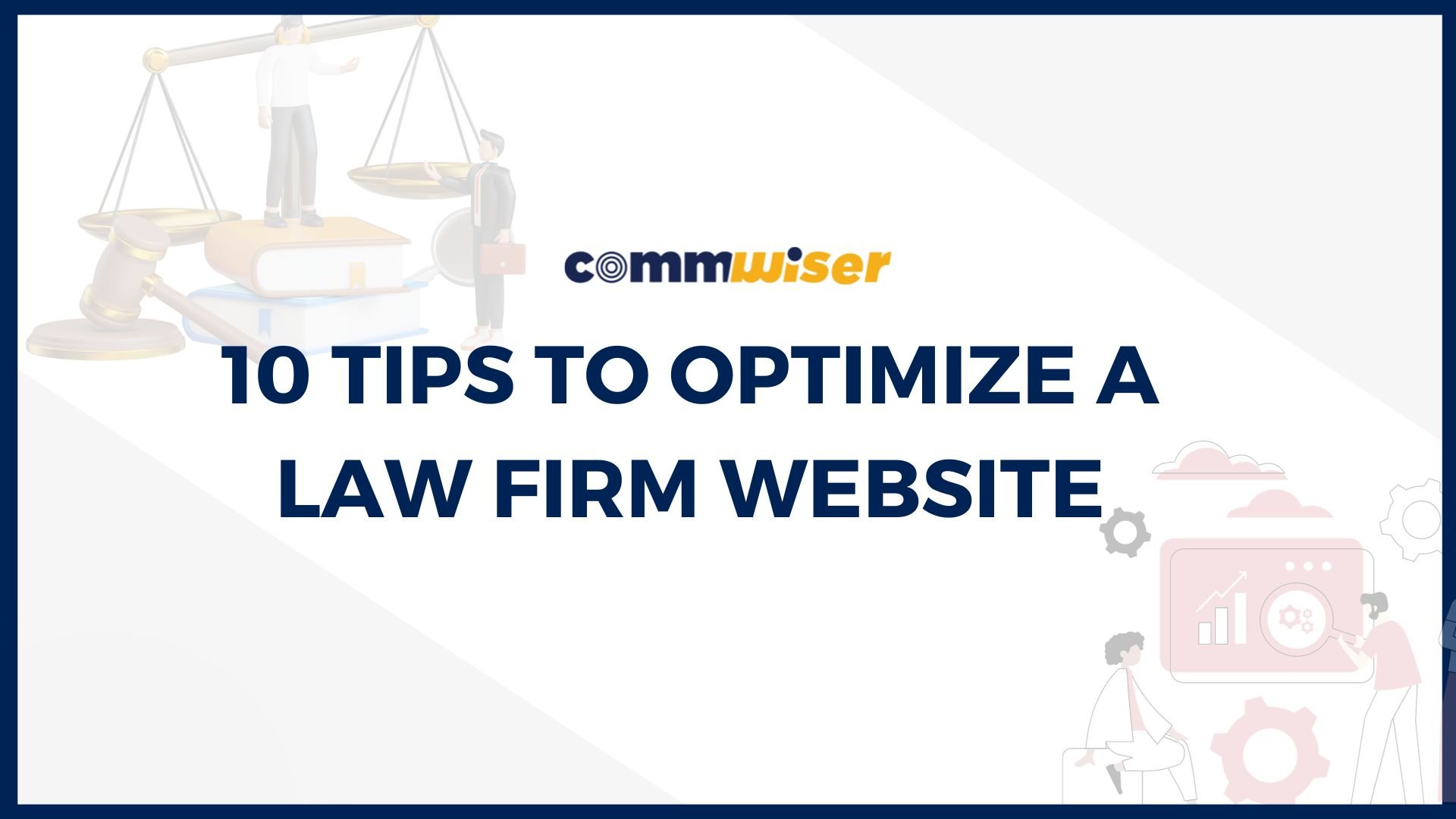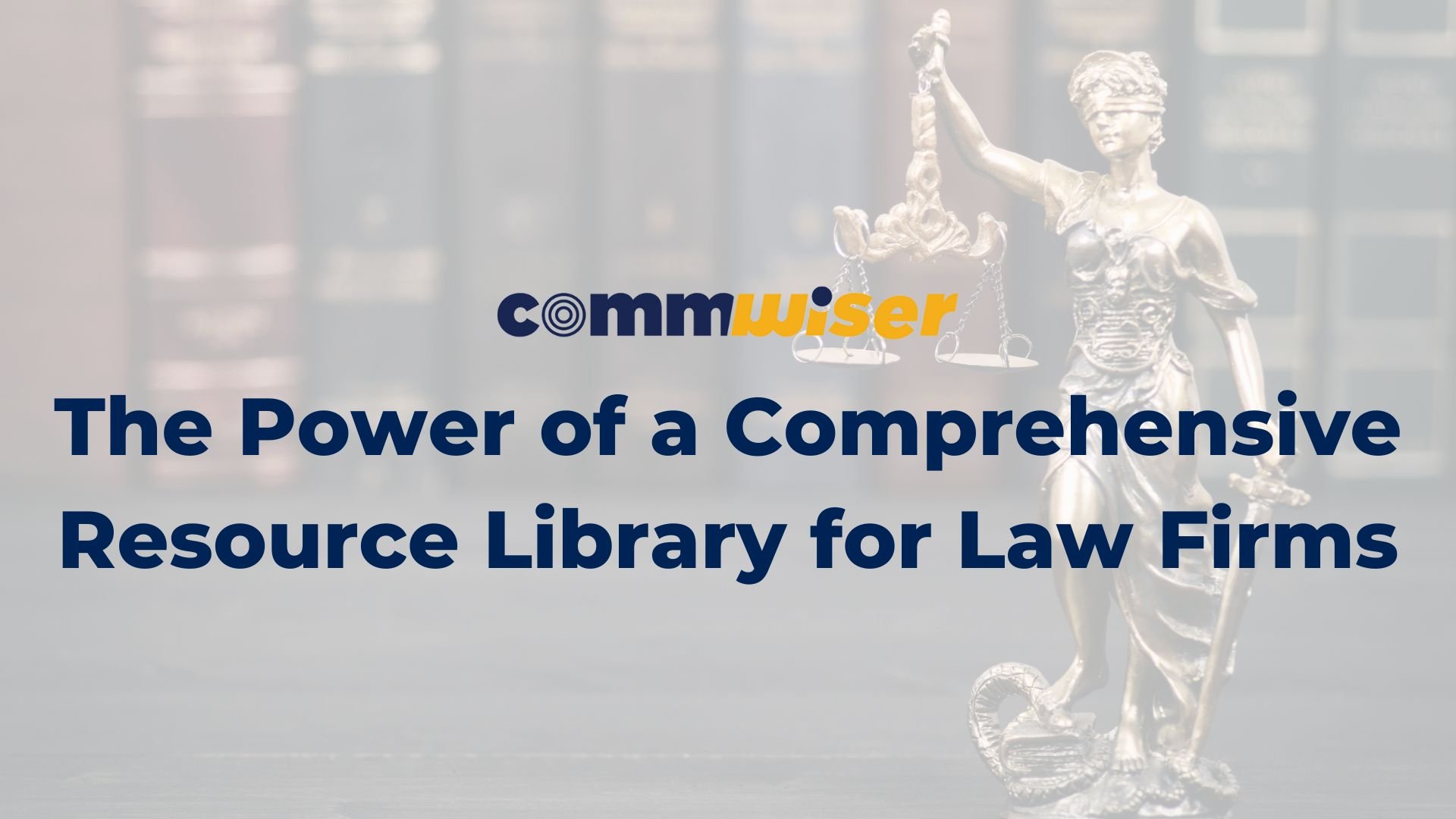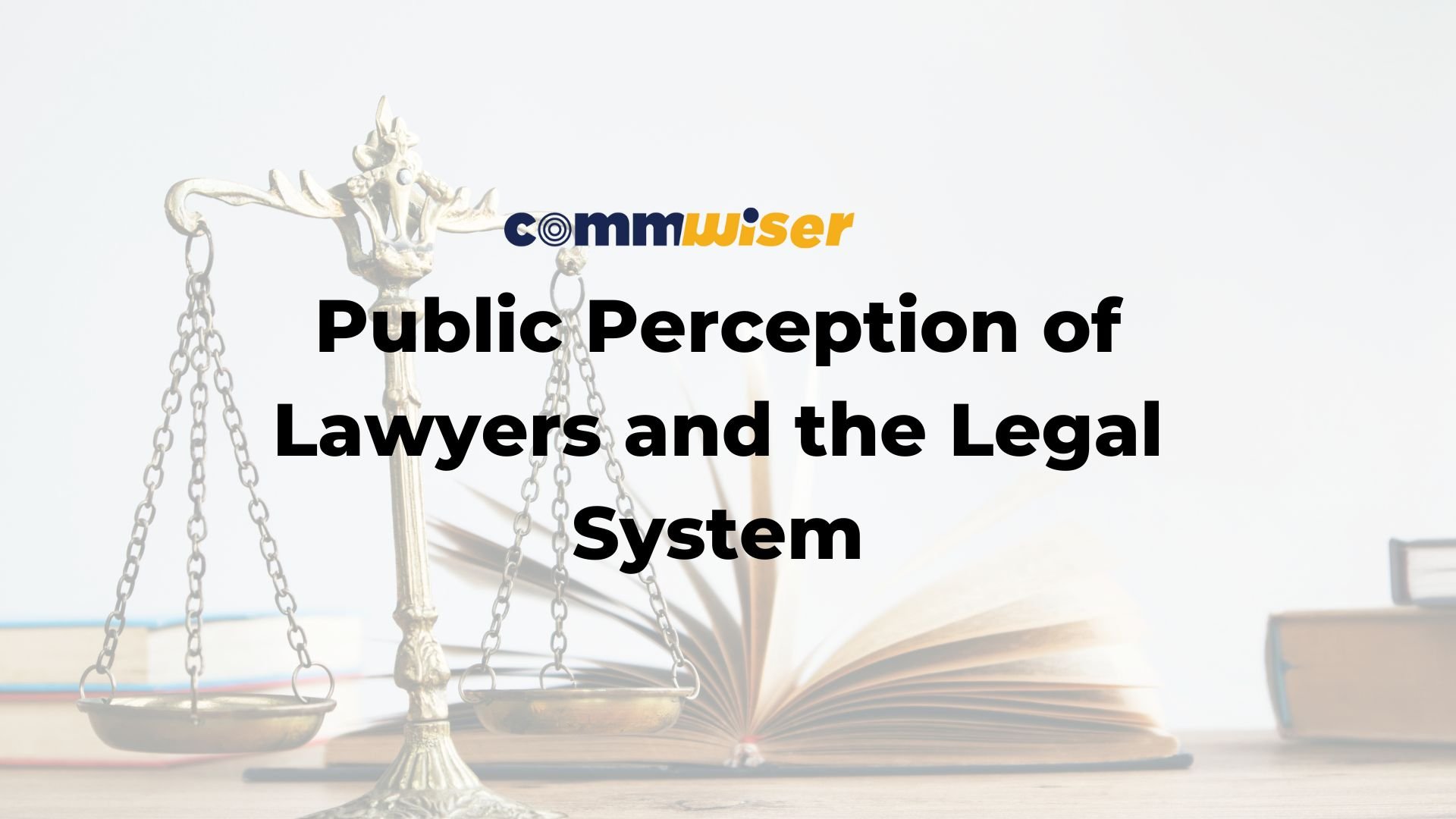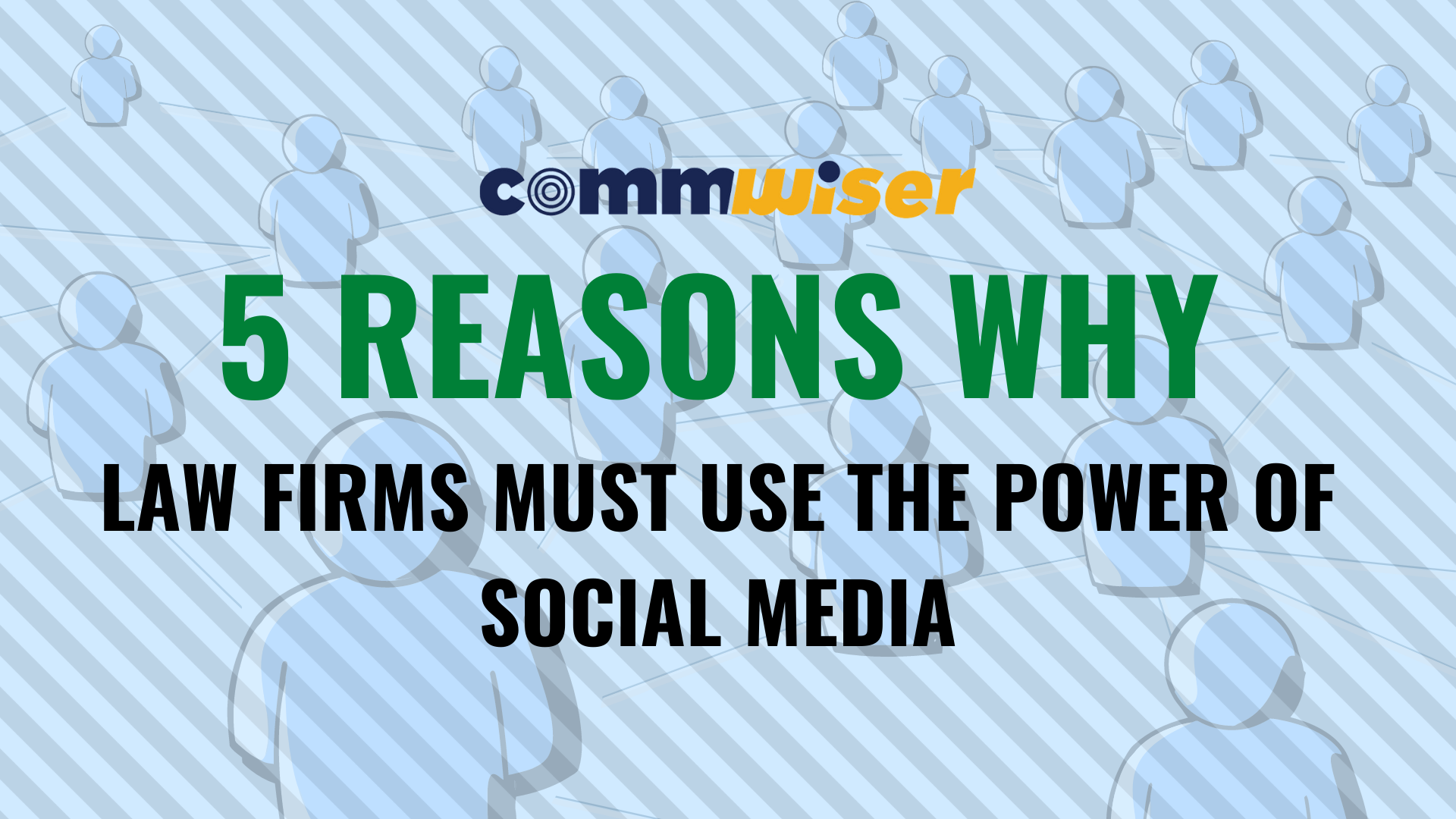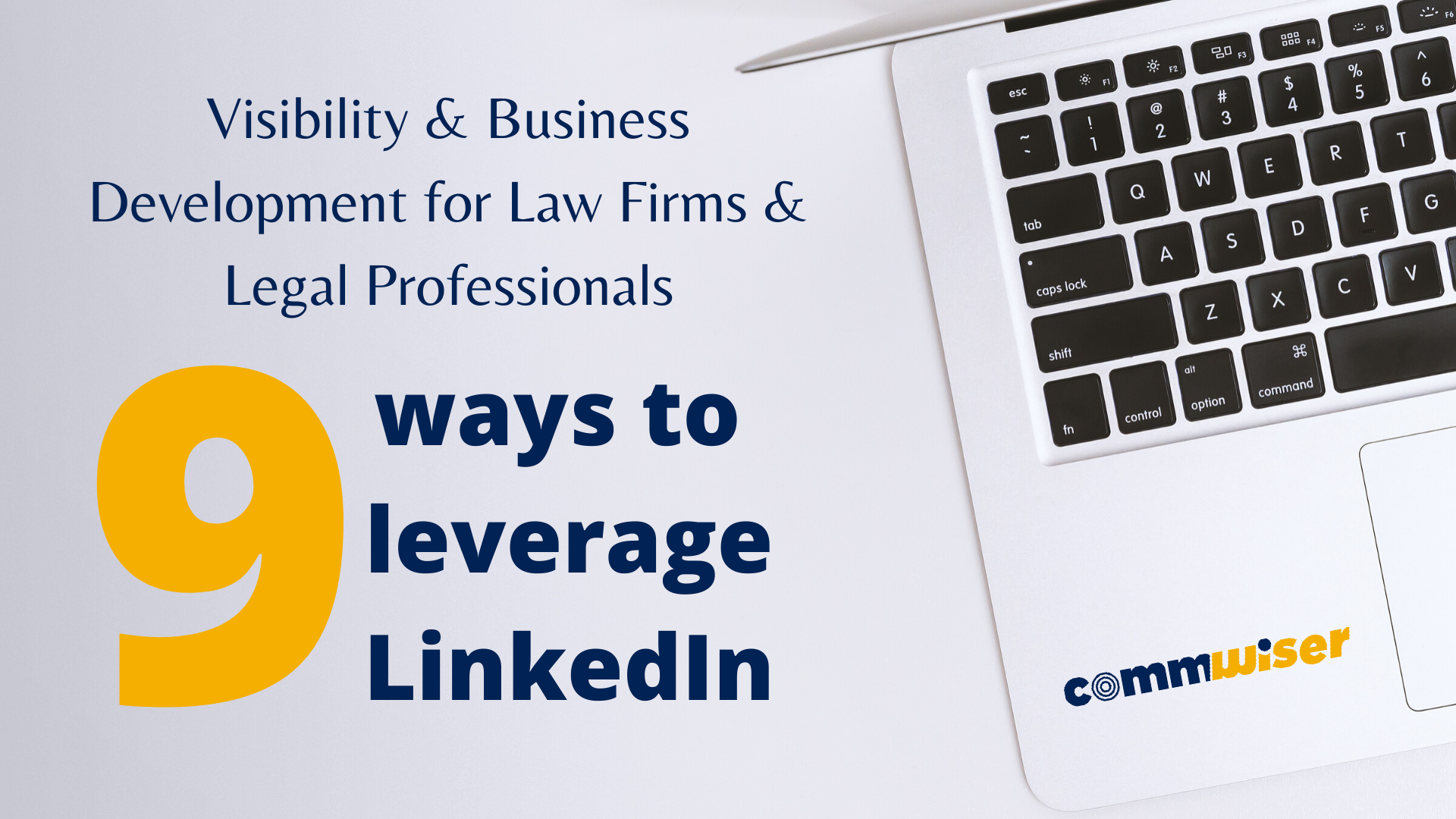How to leverage Podcasts and develop thought leadership
: Iraa Dhingra & Abhishek
: 05-05-2023
In today’s digital age, podcasts have become a popular way to consume content with over 100 million people listening to them worldwide, prompting law firms to use podcasting as a marketing tool to connect with potential clients, showcase expertise, and establish thought leadership. Podcasts can be an effective and cost-efficient marketing tool for law firms of all sizes, creating a unique connection with potential clients, building trust, and enhancing reputation. They also make legal information more widely available, empowering individuals to navigate legal challenges more effectively. Although legal podcasting is still a niche, it presents a valuable opportunity for law firms to expand their reach, build credibility, and connect with potential clients. Therefore, launching a podcast can be a powerful way for law firms to tap into this growing medium.
Benefits of Podcasting for Law Firms
There are many benefits to podcasting for law firms, including:
- Increased Visibility: Podcasting can help law firms reach a wider audience, including potential clients, referral sources, and industry peers.
- Thought Leadership: By creating high-quality content on a regular basis, law firms can establish themselves as thought leaders in their respective fields and build credibility with their target audience.
- Branding: Podcasting can help law firms build their brand and differentiate themselves from competitors by showcasing their unique value proposition and areas of expertise.
- Relationship Building: Podcasting can be an effective way for law firms to build relationships with their target audience by creating a sense of community around shared interests and values.
- Revenue Generation: While not the primary goal of most law firm podcasts, some firms have been successful in generating revenue through sponsorships, advertising, and other forms of monetization.
- Expand Your Reach: Podcasting allows you to reach a wider audience and expand your reach beyond your local community. With the ability to distribute your podcast to a global audience, you can connect with potential clients from around the world. Additionally, podcasting is a relatively inexpensive marketing tool, making it accessible to law firms of all sizes.
- Make Legal Information More Accessible: As lawyers, it’s our obligation to make legal information more widely available to the public. Podcasting is an excellent way to achieve this goal, as it allows you to share legal insights and advice with a broad audience. By providing valuable information in an engaging and accessible format, you can help to demystify the legal system and make it more accessible to the public
Getting Started with Podcasting
If you’re thinking about starting a podcast for your law firm, here are some steps to get started:
1. Define Your Goals: Prior to beginning a podcast for your legal business, it is essential to clearly define your goals. It will be easier for you to produce content that connects with your listeners and offers value if you have a clear grasp of what you intend to accomplish and who your target audience is. When defining your podcast’s objectives, you should consider the following:
- What does your podcast aim to accomplish? Is it intended to instruct, inform, or amuse?
- Who are you trying to reach? Are you trying to reach new customers, sources of referrals, colleagues in the business, or a combination of these?
- What subjects do you want to cover in your podcast? Will you concentrate on legal trends and developments, offer helpful suggestions and counsel, or share insights into the practice areas that your law firm specializes in?
- How often will new episodes be released? Will you release episodes on a regular schedule or as needed?
- What metrics will you employ to assess the podcast’s success? Will you monitor downloads, listens, or social media activity?
2. Publish Your Podcast: After you’ve edited your podcast episode, the next step is to publish it to a hosting platform and distribute it to major podcast platforms. Here’s a step-by-step guide on how to do it.
- Choose a hosting platform: There are several hosting platforms available, such as Buzzsprout, Libsyn, and Anchor. These platforms provide storage for your audio files and distribute them to major podcast platforms.
- Upload your episode: Once you’ve signed up for a hosting platform, upload your edited episode file. Make sure to include a title, description, and any relevant tags to help listeners find your podcast.
- Set up your podcast feed: Your hosting platform will generate an RSS feed, which is a file that contains information about your podcast, such as the title, description, and episode information. This feed is what podcast platforms use to display your podcast to listeners.
- Submit your podcast to major platforms: Once you have your RSS feed, submit it to major podcast platforms like Apple Podcasts, Spotify, and Google Podcasts. Each platform has its own submission process, but it usually involves copying and pasting your RSS feed into a submission form.
- Promote your podcast: Once your podcast is live, promote it on your law firm’s website, social media channels, and email newsletter. Encourage listeners to subscribe, leave reviews, and share your podcast with their networks.
3. Choose Your Format: There are many different podcast formats, including interviews, solo shows, panel discussions, and more. Choose a format that aligns with your goals and resources.
4. Purchase Equipment: While you don’t need to spend a lot of money on equipment, you will need a good microphone and headphones to ensure high-quality sound
5. Create a Show Outline: Before each episode, create an outline of the topics you’ll cover and the key points you want to make.
6. Record and Edit Your Podcast: Once you’re ready to record, find a quiet location and start recording. After you’ve recorded your episode, edit it to ensure a polished final production
By following these steps, you’ll be able to publish your podcast and make it available to a wide audience. Remember to continue creating high-quality content and promoting your podcast to grow your listenership over time.
Best Practices for Podcasting
The following are some best practices to follow to ensure the success of your podcast:
- Be Consistent: Consistency is key to building a loyal audience. Decide on a publishing schedule that works for you and stick to it.
- Provide Value: Your podcast should provide value to your target audience. Make sure each episode is informative, engaging, and relevant to your listeners.
- Promote Your Podcast: To attract new listeners, promote your podcast on social media, your website, and other relevant channels.
- Be Authentic: Authenticity is key to building trust with your audience. Be yourself and let your personality shine through each episode.
- Listen to Feedback: Encourage feedback from your listeners and take it into account when planning future episodes.
Conclusion
Podcasting is a powerful tool that law firms can use to reach new audiences, establish thought leadership, and build their brand. By following these best practices and creating high-quality content that provides value to you.



